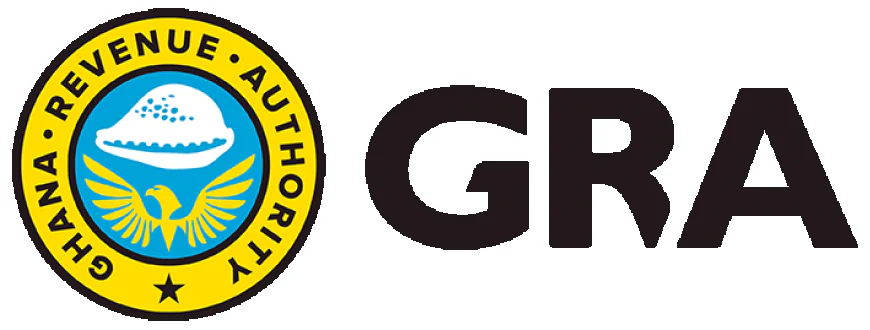GRA Postpones GHS1 Fuel Levy to June 16 Amid Industry Backlash and Inflation Concerns
The Ghana Revenue Authority has delayed the Energy Sector Debt Levy rollout to June 16, 2025, after opposition from oil marketing companies. The GHS1-per-litre tax aims to tackle energy sector debt but raises inflation fears.

The Ghana Revenue Authority (GRA) has postponed the implementation of the controversial Energy Sector Shortfall and Debt Repayment Levy by one week, from June 9 to June 16, 2025, following strong opposition from the Chamber of Oil Marketing Companies (COMAC).
The levy, which adds GHS1 per litre to the cost of fuel, is part of a broader government plan to raise funds to address ballooning energy sector debt and enhance power stability. However, the rollout has sparked widespread concern across the petroleum sector and civil society.
Industry Pressure Prompts Delay
According to a GRA statement released to Citi News, the revised date was agreed upon after “cordial and constructive discussions” with COMAC and other stakeholders.
“The Association has concerns with the 9 June implementation date. We have discussed with their leadership in the spirit of cordiality and partnership and have agreed on a new start date of 16 June,” the GRA stated.
What the New Energy Levy Means
The Energy Sector Shortfall and Debt Repayment Levy is part of the Energy Sector Levy Amendment Bill, aimed at reducing Ghana’s power sector debt burden and ensuring reliable electricity supply.
The Ministry of Finance argues that the levy is a necessary, though difficult, step to restore confidence in Ghana’s power infrastructure and attract investment.
Revised Fuel Levy Rates (Effective June 16, 2025)
|
Fuel Type |
Old Rate (GHS) |
New Rate (GHS) |
|
Motor Spirit (Super Petrol) |
0.95 |
1.95 |
|
AGO/Diesel & Marine Gas Oil (Foreign) |
0.93 |
1.93 |
|
Marine Gas Oil (Local) |
0.03 |
0.23 |
|
Heavy Fuel Oil (Residual Fuel Oil) |
0.04 |
0.24 |
|
Partially Refined Oil (Naphtha) |
0.95 |
1.95 |
|
Liquefied Petroleum Gas (LPG) |
0.73 |
0.73 (unchanged) |
Transitional Guidelines for Implementation
To ensure smooth enforcement and avoid supply chain disruptions, the GRA issued specific transitional measures:
-
Products lifted before June 16 will retain the old levy rates.
-
Cash-and-carry transactions lifted on or after June 16 will apply the new rates.
-
All stakeholders are required to comply with the revised framework.
This directive was signed by GRA Commissioner-General Anthony Kwasi Sarpong.
Industry Concerns Persist
Despite the delay, COMAC warns that the levy could destabilise the petroleum market.
“We are not against contributing to a stable energy sector,” a senior COMAC official stated, “but the lack of proper stakeholder consultation and the economic strain on consumers makes this rollout problematic.”
Fuel prices are already high, and stakeholders fear the levy will add to inflationary pressures, further impacting households and businesses.
Public Reactions and Economic Implications
Civil society organisations and consumer groups have echoed COMAC’s concerns, cautioning that:
-
Transport fares could rise.
-
Food prices may increase due to higher logistics costs.
-
Inflation could worsen, especially affecting low- and middle-income families.
Still, some analysts suggest that, with transparent management and oversight, the levy could finally help resolve Ghana’s long-standing energy crisis and reduce reliance on government bailouts.
What’s Next?
As the new implementation date approaches, focus will turn to:
-
Public education on the levy’s purpose and mechanics
-
Monitoring of fuel prices and inflation
-
Transparency in the use of funds raised
-
Long-term reforms in the power sector
The ultimate success of the levy will depend on how well the government communicates with the public and delivers visible results.
Have Questions About the GHS1 Fuel Levy?
Frequently Asked Questions (FAQ)
Q1: When will the new GHS1 fuel levy take effect?
A: The Energy Sector Shortfall Levy will now begin on June 16, 2025, following a one-week postponement.
Q2: What is the purpose of this fuel levy?
A: It is intended to raise funds to pay off debts in the energy sector and improve electricity supply reliability.
Q3: Will LPG prices be affected?
A: No. The levy on LPG remains unchanged at GHS0.73 per unit.
Q4: Who opposed the initial June 9 rollout?
A: The Chamber of Oil Marketing Companies (COMAC) led the opposition, citing poor communication and market instability concerns.
Q5: Will this levy increase transport and food prices?
A: Likely yes. Experts warn the additional fuel cost will be passed on to consumers, raising the cost of transport and goods.
Q6: Is this a permanent tax?
A: The government has not indicated a sunset clause, but stakeholders are demanding time-bound implementation and transparency.


